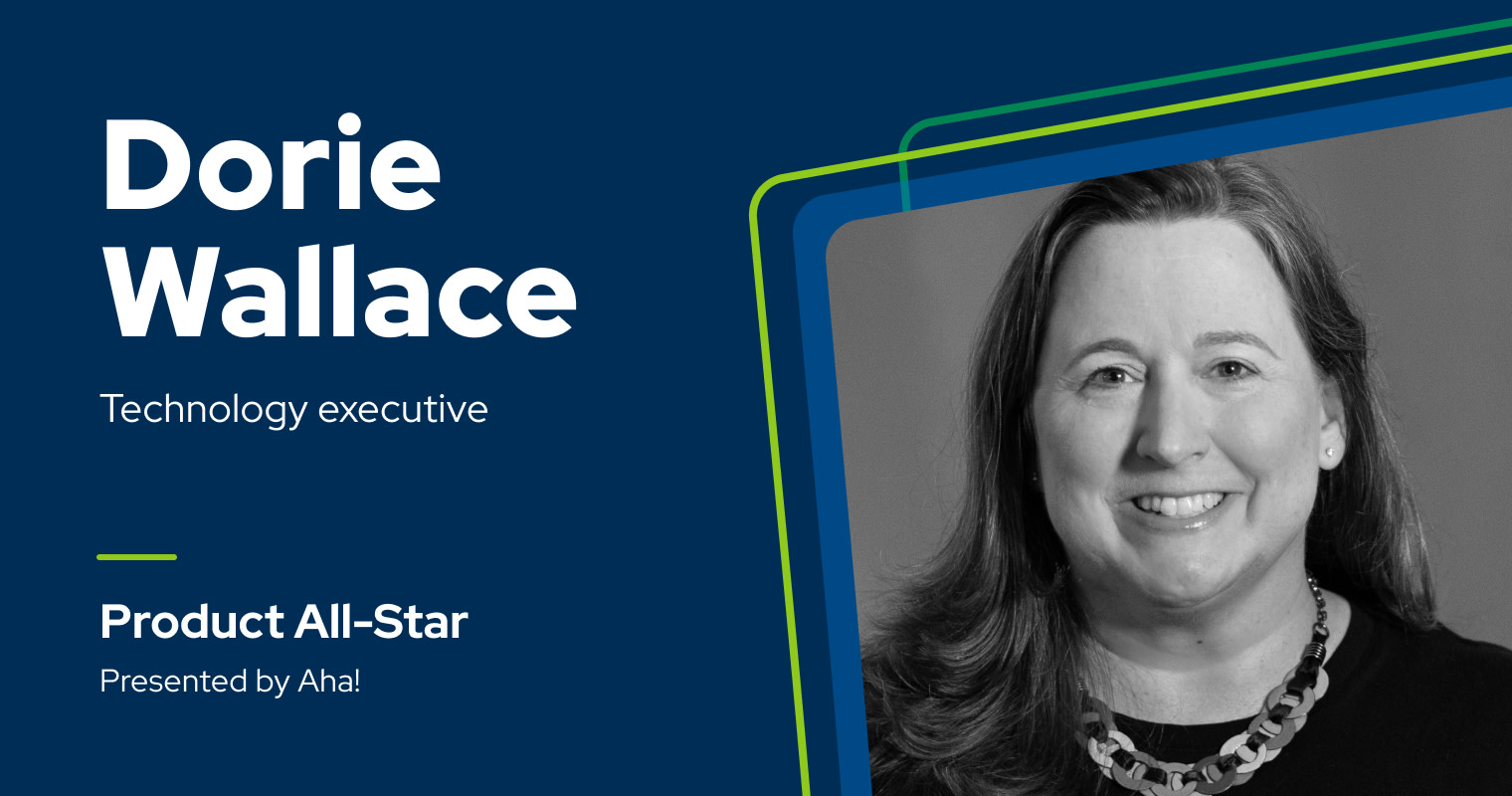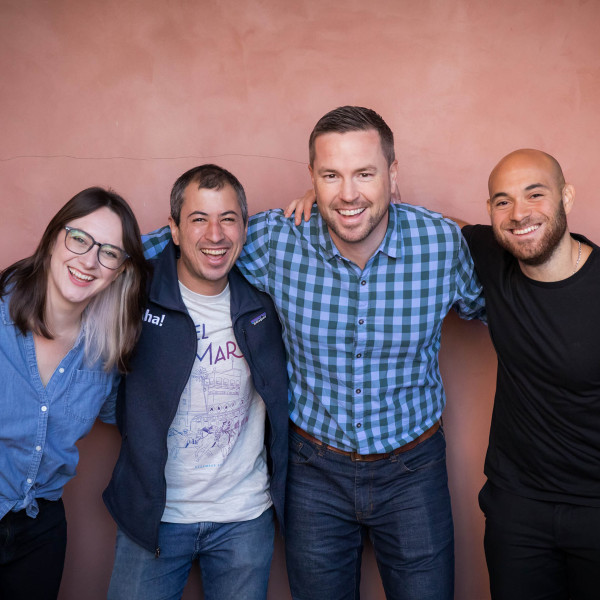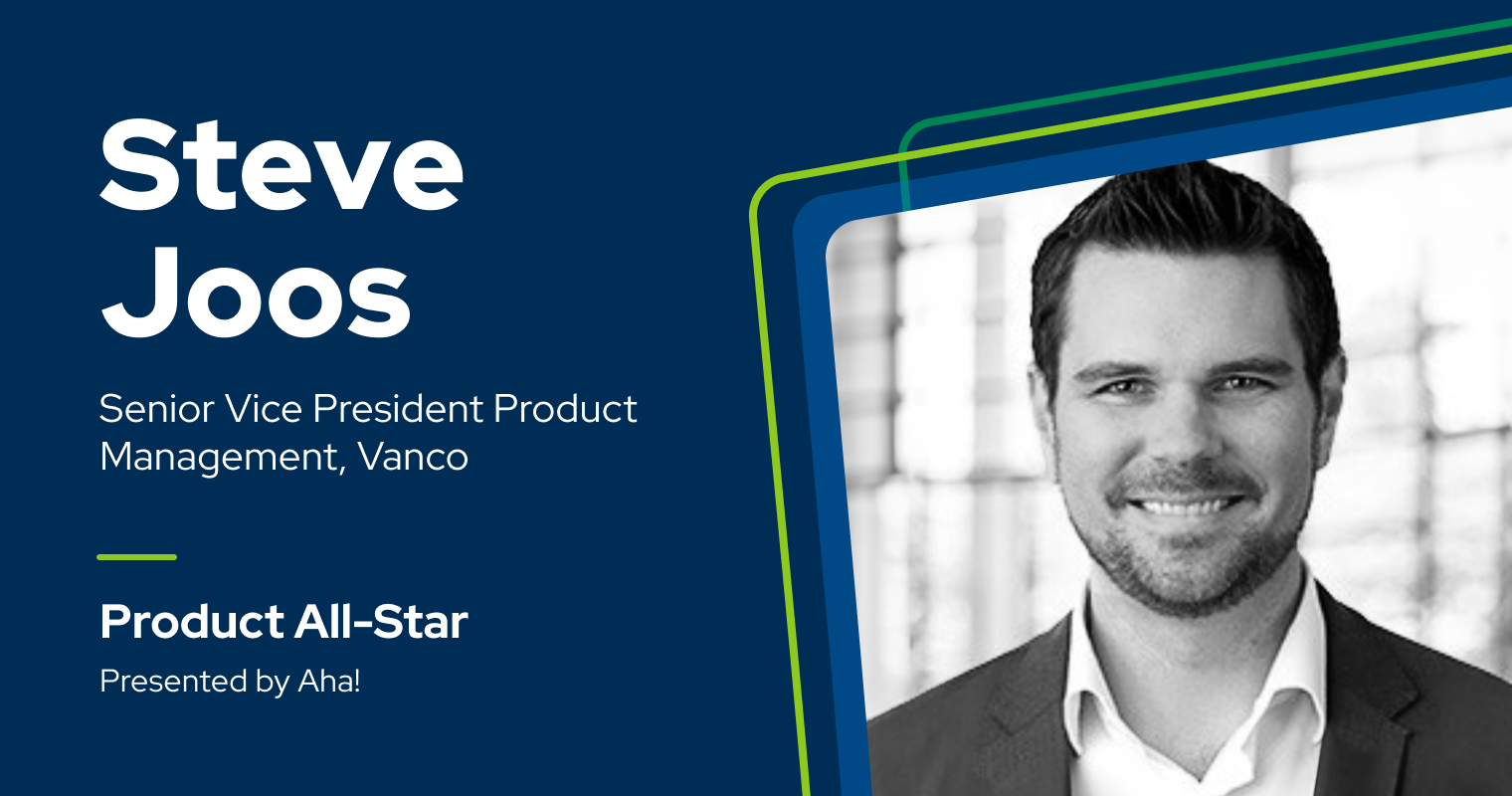
Product All-Star: 6 questions with Dorie Wallace
Building products is an adventure. That is what makes it the best job in the world. But this role is not for everyone — true product success requires decisive action, continuous effort, and the relentless pursuit of value.
We have the honor of being connected to companies and product experts who go boldly and bravely. And we are asking folks to share their knowledge with you in the hopes it will inspire you in your own product career.
Dorie Wallace is a technology executive based in Charleston, South Carolina. Her decadeslong career is grounded in product leadership — from driving the strategic direction of flagship CRM fundraising software at Blackbaud to building out product operations programs for two tech organizations. Most recently, Dorie was instrumental in establishing operational excellence as vice president of ProdOps at Anthology, a global provider of EdTech software. Dorie looks for the "why" behind every new challenge and recognizes how central empathy is to her work as a product leader.
In her free time, Dorie enjoys creative writing and exploring all that Charleston has to offer. She is also an avid volunteer within her community.
How did you get your start in product?
"I am surprised that I have been in product for 25 years. Where did the time go? I started in an entry-level customer support position at Blackbaud, a leading software provider in the nonprofit space. Its software supports fundraising, nonprofit financial management, and corporate social responsibility for millions of users around the world.
I focused on problem-solving in customer support and became our resident product expert. From there, I became a product lead, liaising between customer support and product development. Eventually, the company created a product management division, and I became the third product manager at Blackbaud. That's about as ground-floor as you can get.
I spent just over 20 years at Blackbaud, building on my product management expertise to move into a leadership role within operations, customer support, and customer success. I knew our product inside and out. And the years spent working on the customer support side taught me how to approach customer needs on a deeper level.
Since then, I have expanded my leadership experience, taking on executive roles within ProdOps. Interestingly, I always apply a product management mindset to every role. Meaning I stay focused on customer needs and try to look beyond the surface to identify the root cause of any issue or challenge my team is working through. And I am always looking for ways to differentiate my company within the market. Those early years were foundational and continue to influence my product leadership approach."
What are the most important traits of a product builder?
"Empathy is the number-one skill anyone in product should have. You can apply it across all aspects of product management — from strategic leadership and decision-making to feature definition. If you don't have empathy, you will not be a very successful product builder.
"As product managers, empathy helps you truly understand the problem you need to solve."
For example, let's say a customer experiences an error request while generating a report in your software. You can take that issue at face value or ask yourself: Beyond a simple report error, what does this roadblock mean to the customer? We worked exclusively with nonprofits at Blackbaud. For many, it wasn't about the report, but rather the donations or funding the information from that report could secure."
"You need to understand and empathize with the motivation behind the issue so you can solve it in the right way."
When challenges pop up, how do you overcome them?
"In work and life, I am very relationship-based. So, if I face a challenge, I will focus on the perspectives of all the other people involved. That requires honest dialogue and a lot of listening.
Whether I am a product manager, director, or VP, I want others to recognize that I'm their advocate. This is where empathy comes up again. I need to deeply understand my customers. And in ProdOps, my customers are the entire product team. That means I have to understand what they care about and why before I can help us find a solution.
"Taking the time to hear my teammates' challenges, needs, and goals is how I help them either work through an issue or find a way around it."
Those who know me can attest that I like to use an acronym called "WIIFM," or "What's in it for me." When collaborating, dealing with challenges, conducting customer discovery, or anything else, begin by figuring out the other person's WIIFM. Get down to the root of their motivation and make decisions from that lens of understanding."
How can product builders secure stakeholder alignment?
"First, you need to know your audience members. Are they quantitative, qualitative, mission-based, or somewhere in between? Also, understand the WIIFM of your stakeholders so you can anticipate what questions they will ask.
Secondly, don't tell them too many things. It’s not that you should hide information or that the executives don't care, but they trust you with the bulk of the day to day. Be surgical in your preparation. Realize you only have a small amount of time — so what matters most?
Lastly, this is most important: Give your stakeholders a sound bite. Something they can repeat on your behalf when securing additional support or spreading the message. What will they repeat if you provide a long story and a 100-page document? Nothing. You need to arm them with the words you want them to say."
What do you love about working in product?
"I keep going back to product because I see the difference it makes in the lives of others. I like connection and thrive when I see the impact my team is making. The positive ripple effect across our customer base — product-building lets me see that. I'm hooked for life."
Read more of the Product All-Star series.
Know an inspiring product builder? Nominate them to be featured in an upcoming post. They simply need to be doing quality work and using Aha! software.



